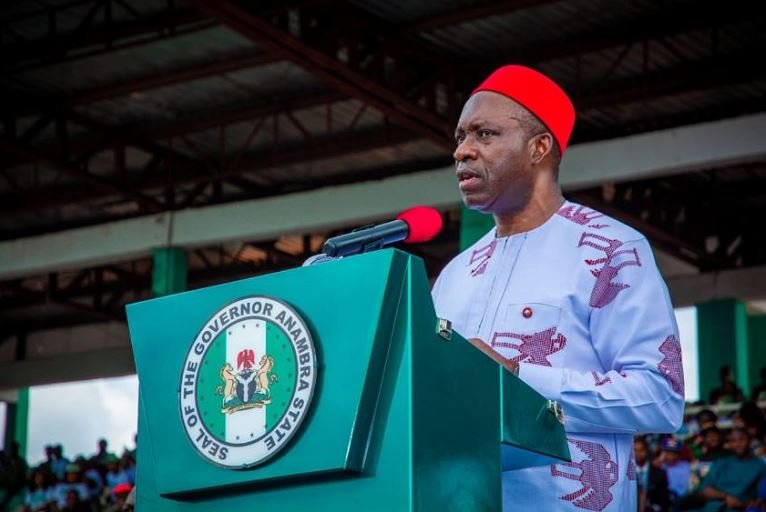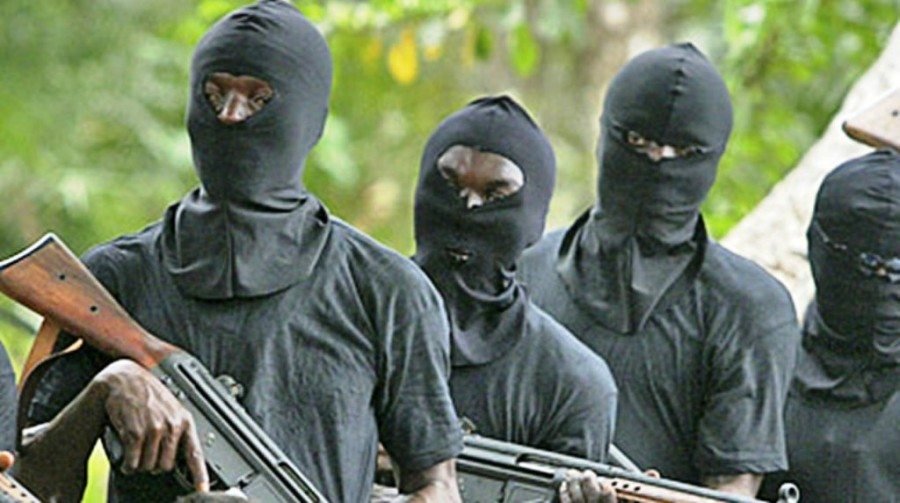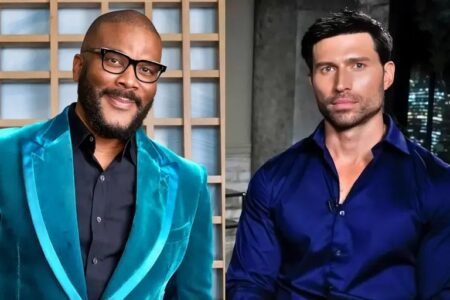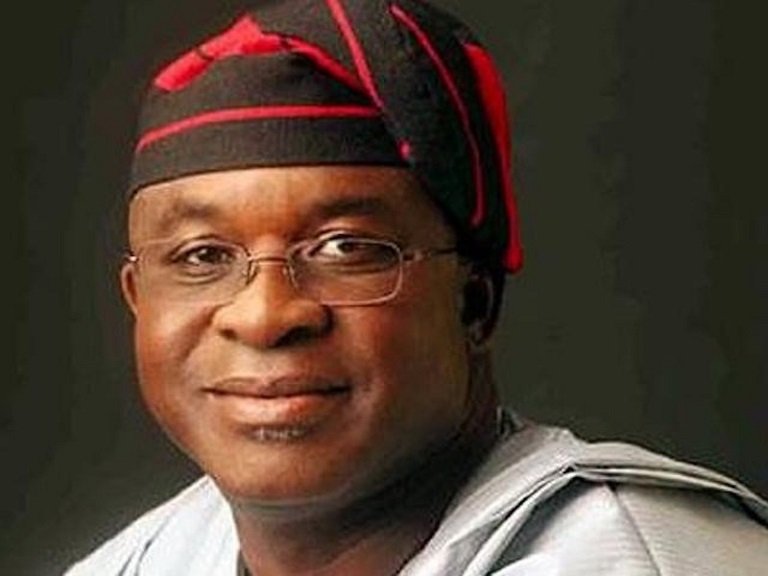Pope Francis, the first Latin American leader of the Roman Catholic Church, has died, the Vatican announced in a video statement on Monday, ending an often turbulent reign marked by division and tension as he sought to reform the traditionally rigid institution.
He was 88 and had survived a serious bout of double pneumonia.
“Dear brothers and sisters, it is with profound sadness that I must announce the death of our Holy Father Francis,” Cardinal Kevin Farrell said on the Vatican’s TV channel.
“At 7:35 this morning, the Bishop of Rome, Francis, returned to the house of the Father.”
Pope Francis’s death comes a day after he made his first prolonged public appearance since being discharged on 23 March from a 38-day hospital stay for pneumonia.
On Sunday, Easter Day, Francis entered St Peter’s Square in an open-air popemobile shortly after midday, greeting cheering crowds. He also offered a special blessing for the first time since Christmas.
Jorge Mario Bergoglio was elected pope on 13 March 2013, surprising many church watchers who had viewed the Argentine cleric—known for his concern for the poor—as an outsider.
He sought to project simplicity in the grand role and never took possession of the ornate papal apartments in the Apostolic Palace used by his predecessors, saying he preferred to live in a community setting for his “psychological health”.
He inherited a Church under fire over a child sex abuse scandal and torn by infighting within the Vatican bureaucracy, and was elected with a clear mandate to restore order.
However, as his papacy progressed, he faced fierce criticism from conservatives, who accused him of undermining cherished traditions. At the same time, he drew the ire of progressives, who felt he had not gone far enough in reshaping the 2,000-year-old Church.
While grappling with internal dissent, Francis became a global figure, drawing vast crowds on his many foreign visits as he tirelessly promoted interfaith dialogue and peace, consistently siding with the marginalised, such as migrants.
Uniquely in modern times, two men in white resided in the Vatican for much of Francis’s rule, with his predecessor, Benedict, choosing to remain in the Holy See after his shock resignation in 2013 paved the way for a new pontiff.
Benedict, a hero to conservatives, died in December 2022, finally leaving Francis alone on the papal stage.
Francis appointed nearly 80% of the cardinal electors who will choose the next pope, increasing the likelihood that his successor will continue his progressive policies, despite significant resistance from traditionalists.










